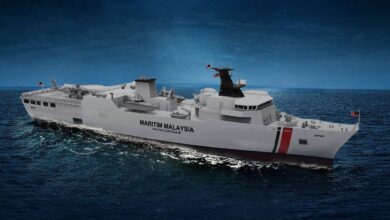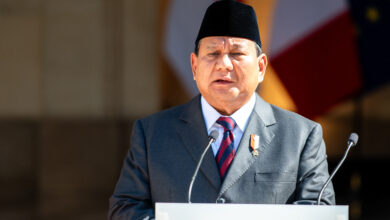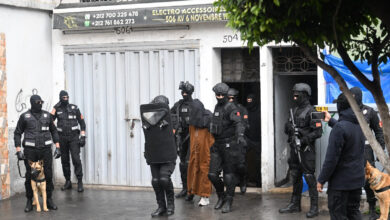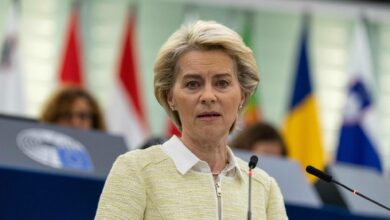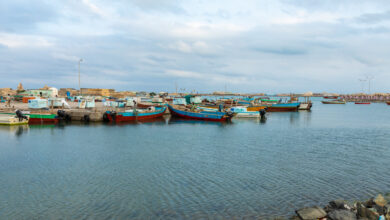EU to fund new Mali headquarters for G5 Sahel force
The European Union will finance the construction of a new headquarters for the Sahel’s five-nation anti-terror force in Mali, after the destruction of the former headquarters in an attack that left three dead, the bloc’s foreign policy chief said.
“The EU has decided to finance in full the rebuilding of a new headquarters and to continue its support in order to ensure the operational continuity of the Force’s staff on the ground,” Federica Mogherini said in a statement on Wednesday, July 24.
Two soldiers and one civilian were killed when a car bomb exploded outside the G5 Sahel force headquarters in the central Malian town of Sevare on June 29.
#Mali: Another set of images from the #G5Sahel-Force HQ in Sevare, #Mopti, showing wreckage of SVBIED pic.twitter.com/NeSq0YDqmg
— MENASTREAM (@MENASTREAM) June 29, 2018
The suicide attack was claimed by a jihadist group, the Support Group for Islam and Muslims (JINM), the main jihadist alliance linked to al-Qaeda in the Sahel.
The G5 Sahel, comprised of Burkina Faso, Chad, Mali, Mauritania and Niger, was launched in 2014 to improve cooperation on development and security in West Africa.
They launched the G5 Sahel joint counter-terrorism force in July 2017. Its mandate is to combat terrorism, transnational organized crime and human trafficking in the Sahel area.
It is set to expand to 5,000 troops, divided into seven battalions: two each from the Mali and Niger, and one from Chad, Burkina Faso and Mauritania. They will deploy along the southern edge of the Sahara desert to work alongside thousands of troops deployed to France’s Operation Barkhane in the wider Sahel and the United Nations’ Minusma peacekeeping mission in Mali.
To date the force has received €100 million in financial support from the E.U., although €400 million pledged at an international donors’ conference in Brussels on February 23 has been slow to materialize.
U.N. Secretary General Antonio Guterres has pledged to pursue support for the force, which was projected to be fully up and running in March. Its deployment has faced delays and the joint force is poorly-equipped.
Guterres, as well as France, had been lobbying for the force to speed up its work and pushing for U.N. funding, which would be in addition to technical support from Minusma.
But on May 23, the United States said it opposed a Security Council mandate for the force as well as direct U.N. funding.
With reporting from AFP



